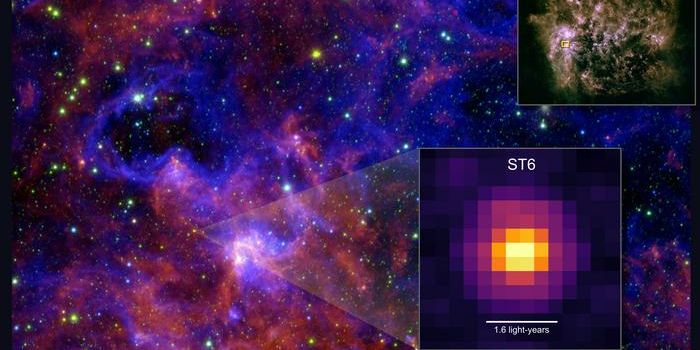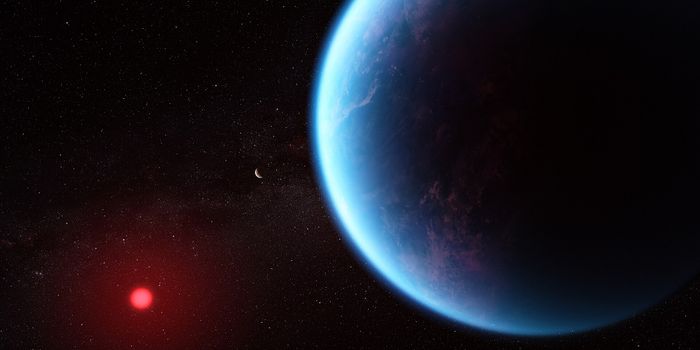Chinese Astronauts Will Live on New Space Station for 3 Months
Astronauts aboard China’s first manned spacecraft in almost five years have reached the new Tiangong space station. The three astronauts reached the space station after a seven-hour journey in the Shenzhou-12 spacecraft.
After what was described as a ‘perfectly smooth flight’ by Chen Shanguang, deputy director of China's manned space programme, the astronauts docked at Tianhe, the main section of the Tiangong station. The crew will spend the next three months in the cylinder-shaped module measuring 16.6 meters by 4.2 meters.
Whereas the laboratory launched five years ago that hosted astronauts for a few weeks was similarly sized to a studio, Tianhe consists of three separate bedrooms alongside a shower and a gym.
While in the space station, the astronauts will test equipment and technology. Some technology, including ion thrusters, a kind of electric propulsion, have not been used before on manned spacecraft.
The three astronauts will also spend significant amounts of time on spacewalks to finish the station's construction. They will have numerous tools to help their work, such as a giant robotic arm that can carry tools- and astronauts- from one place to another. Construction work on the space station’s core module is expected to be completed by next year.
This mission is the latest step in China’s ambitious plans to be the only country in the world to own and run its own space station. This comes after China initially hoped to send its astronauts to the internationally-backed International Space Station (ISS) launched in 1998 prior to their request being turned down by the US.
Sources: South China Morning Post, Guardian









